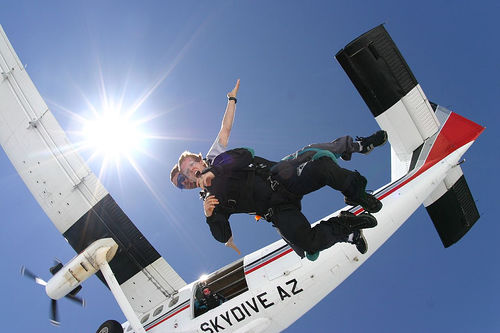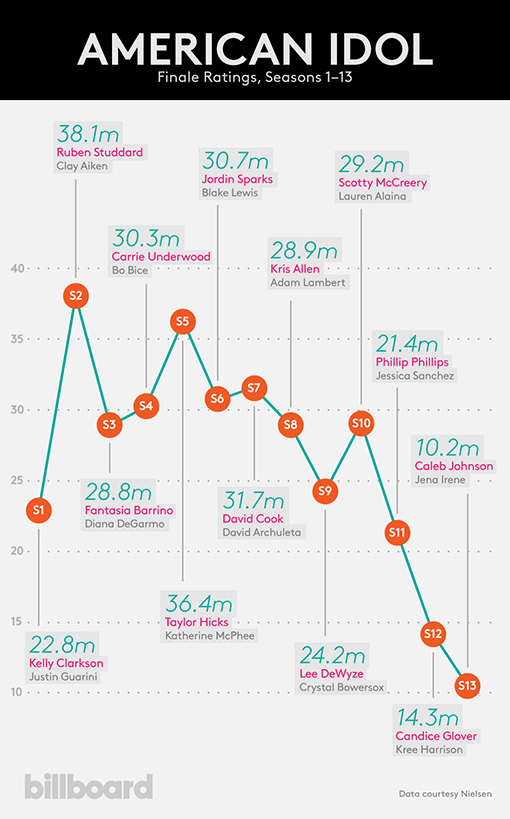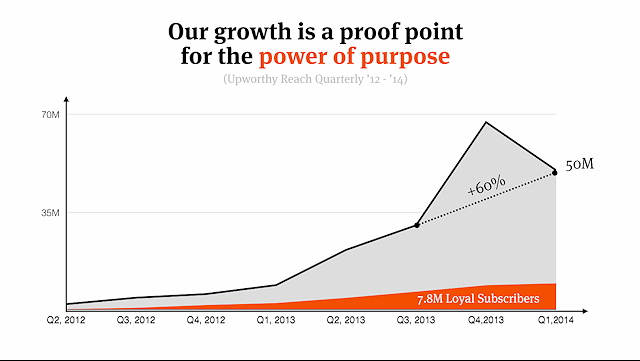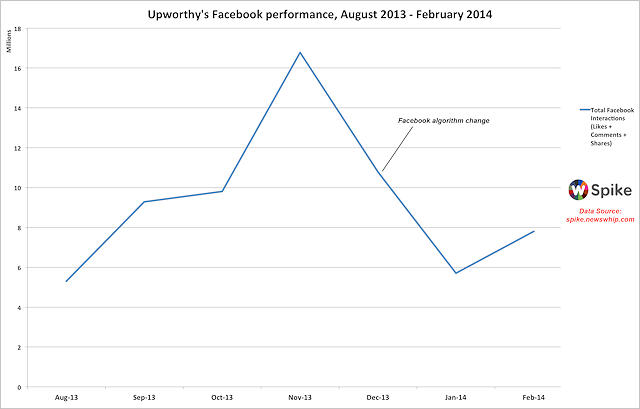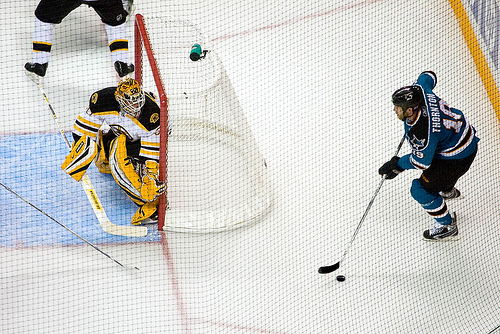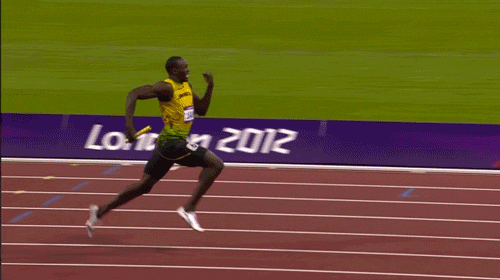
I love the Olympics, and I think there’s a lot to learn from watching them. I’ve written before about the Yellow Line Theory. I’ve written about the importance of keeping your eyes on the road ahead. And with the Olympics just a few days away, here’s this year’s big Olympics idea.
— — —
I’ve talked to a few groups of journalism students this summer. They’re graduating next year, and they’re starting to ask: How do I get the first job after college? How do I successfully make the transition from college to the real world?
Here’s the way I think about it: College moves fast. Ever since you first got accepted to a university, your family’s been telling you: Enjoy it, because it goes by fast. And it really does. Three years blow by, and the last year moves even faster. The transition between the end of school and the start of your career is a blur.
In a way, it’s a lot like the baton toss in the 4×100 relay at the Olympics.
You’ve seen that race on TV. Each race has four legs, with the tiniest of transition areas for one runner to hand the baton off to the next. If you’re one of the last three legs, you go from a standstill to a sprint in a matter of yards.
Nail all four handoffs and you’ll save precious seconds, and maybe win the race. Botch even one — or, worse, drop the baton entirely — and you’re out of the medals.
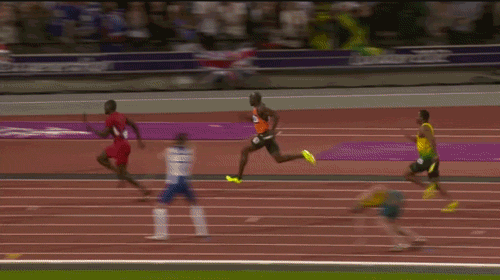
Whenever I watch that race, I always keep an eye on the men and women who have to run the final legs. Being a later leg of that race is fascinating to me. Those runners know what’s coming, but they still can’t move until the previous leg finishes. And then suddenly, there’s a moment when they go from a standstill to a full-on sprint.
That anticipation is a lot like what you feel as you approach the end of senior year. You start getting the big question: What are you going to do after college? You start applying to jobs. You realize that once you graduate, you’re going to have bills to pay, and you won’t have the crutch of college to hold you up anymore.
Except that you can’t full start the next phase of your life until that first one ends. You have to pass the baton from College You to Real World You.
So you sit there, full of anticipation, just waiting for the next leg of your life to arrive.
Some of your classmates will nail the handoff, and good for them! You’ll look at them a year or two after college and think: They’ve made it already. They’re so far ahead of me.
Some will botch the handoff. A few years after college, they’ll still be trying to figure out what career paths to take and what happens next. Sometimes, the next phase of your life shows up, and you’re just not ready to hit the ground running.
It happens.
The important thing to remember is: No matter how well or how poorly that transition goes, just keep running. Your career isn’t a race, and you’re not competing against your classmates. Once you get that baton, you get to forge your own path ahead at your own pace.
It doesn’t matter where you go, or how fast you go. The only thing that matter is: Are you bold enough to grab that baton and start running?
Get ready, class of 2017. You’ll be off and running before you know it.
— — —
Those GIFs from the 4×100 relay in 2012 come via this video.



